“I have a dream...” Martin Luther King had a dream: equality among men. A supporter of non-violent protest, he led the battle for black Americans’ civil rights. He was awarded the 1964 Nobel Peace Prize in acknowledgement of his efforts. Martin Luther King was born on January 15, 1929, in Atlanta, in the United States. He had a religious upbringing, and became a Baptist Christian preacher when he was 18. During his studies he became fascinated with the non-violent theories of Indian political leader Gandhi. In 1954 he was appointed pastor of the city of Montgomery, in Alabama. At the time, racial discrimination was a powerful element in US society. The situation was especially difficult in Alabama, where blacks were forbidden to enter or given only limited access to many public facilities and transport. On December 1, 1955, Rosa Parks, a black woman, refused to give up her seat to a white passenger on a bus in Montgomery. She was immediately arrested.
To protest this injustice, King organized a boycott of local public transportation. The black population of Montgomery supported the boycott in full. No blacks took a bus for 381 days: a strategy that proved successful. In 1956 racial discrimination on Montgomery public transport was abolished. This episode turned Martin Luther King into a symbol of black Americans’ fight for civil rights. In 1963 King was arrested for taking part in a protest march. On August 28 in Washington, he gave the famous speech that begins with the words “I have a dream.” His dream was the peaceful cohabitation of whites and blacks. In 1964, King was awarded the Nobel Peace Prize. He was 35, and the youngest man ever to receive the prize. Over the following years, King continued battling against poverty and in favor of the blacks’ right to vote. He became increasingly popular, but also the focus of hatred from those who opposed racial integration. On April 4 1968, Martin Luther King was killed in Memphis by a rifle shot fired by ex-convict James Earl Ray. It would never be determined whether or not the assassination was commissioned. Martin Luther King’s premature death made him a martyr for the black cause. From that moment forward, the fight for equality would continue in his name.
To protest this injustice, King organized a boycott of local public transportation. The black population of Montgomery supported the boycott in full. No blacks took a bus for 381 days: a strategy that proved successful. In 1956 racial discrimination on Montgomery public transport was abolished. This episode turned Martin Luther King into a symbol of black Americans’ fight for civil rights. In 1963 King was arrested for taking part in a protest march. On August 28 in Washington, he gave the famous speech that begins with the words “I have a dream.” His dream was the peaceful cohabitation of whites and blacks. In 1964, King was awarded the Nobel Peace Prize. He was 35, and the youngest man ever to receive the prize. Over the following years, King continued battling against poverty and in favor of the blacks’ right to vote. He became increasingly popular, but also the focus of hatred from those who opposed racial integration. On April 4 1968, Martin Luther King was killed in Memphis by a rifle shot fired by ex-convict James Earl Ray. It would never be determined whether or not the assassination was commissioned. Martin Luther King’s premature death made him a martyr for the black cause. From that moment forward, the fight for equality would continue in his name.
RELATED
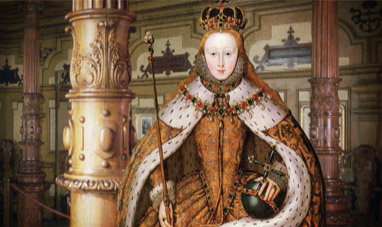

ELIZABETH I
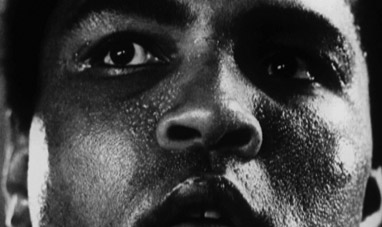

MUHAMMAD ALI


RICHARD SORGE


HINDUISM
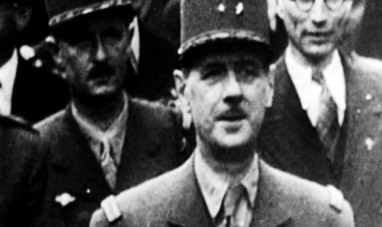

CHARLES DE GAULLE
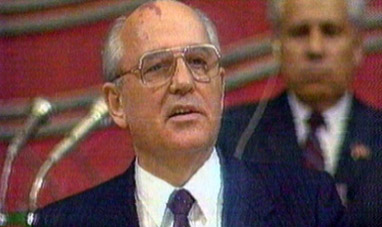

MIKHAIL GORBACHEV
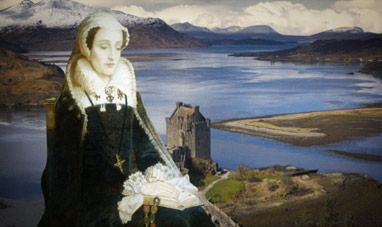

MARY STUART
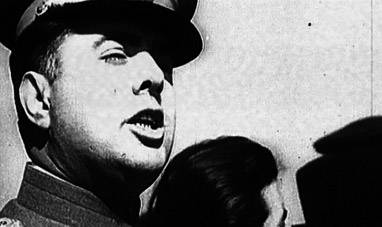

ENVER HOXHA
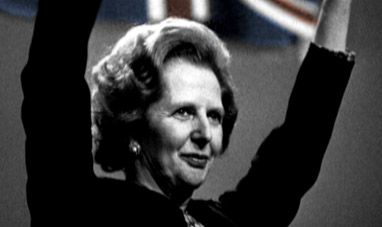

MARGARET THATCHER
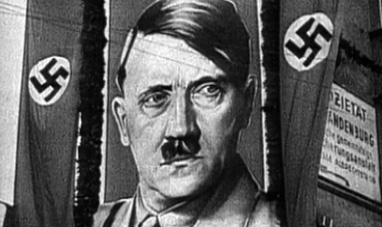

ADOLF HITLER


CATHERINE DE MEDICI


MUAMMAR EL-QADDAFI
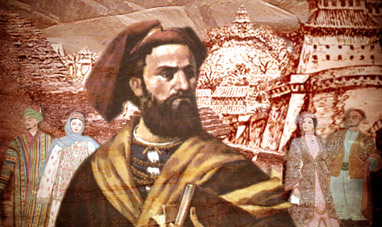

MARCO POLO
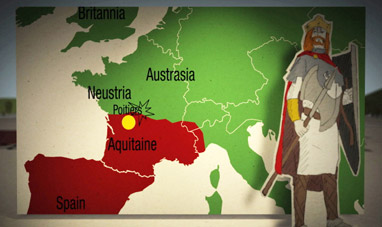

CHARLES MARTEL


PATRICE DE MAC-MAHON
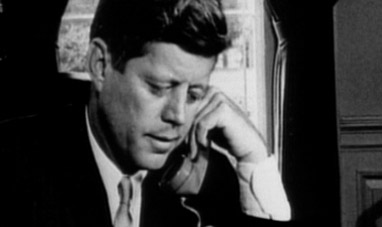

JOHN FITZGERALD KENNEDY
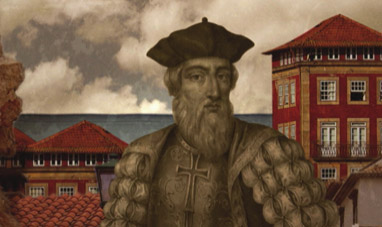

VASCO DA GAMA
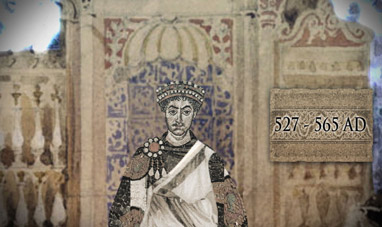

JUSTINIAN I
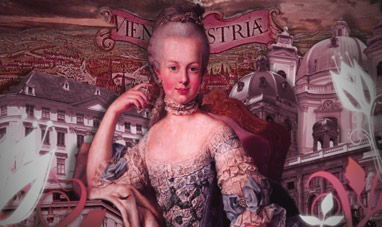

MARIE ANTOINETTE
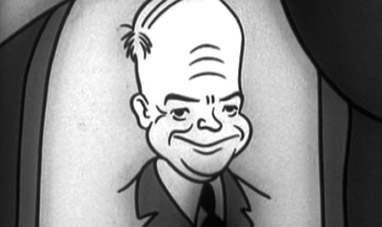

DWIGHT EISENHOWER
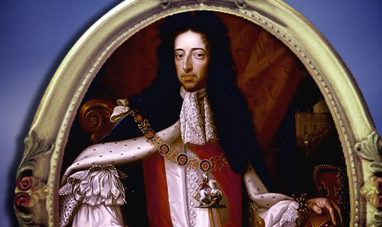

WILLIAM III, OF ORANGE
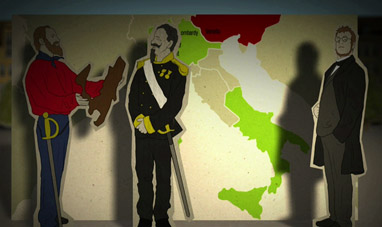

CAMILLO BENSO, COUNT OF CAVOUR
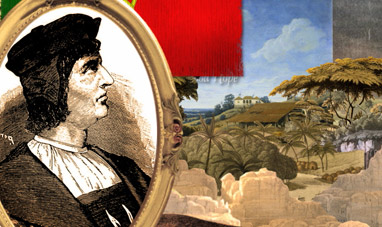

BARTOLOMEU DIAS
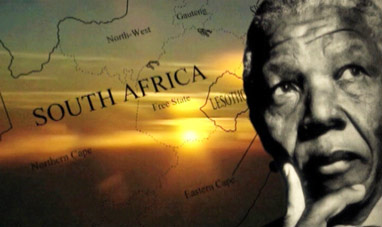

NELSON MANDELA
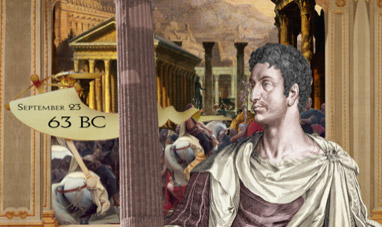

AUGUSTUS
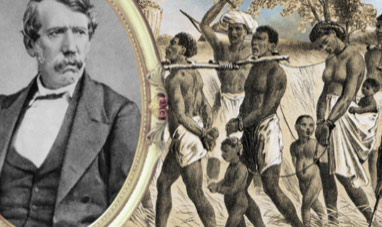

LIVINGSTONE, DAVID
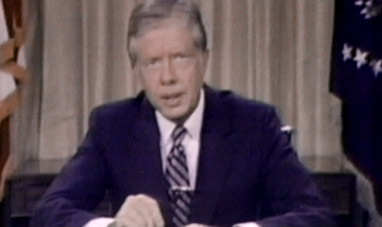

JIMMY CARTER


TUTANKHAMEN
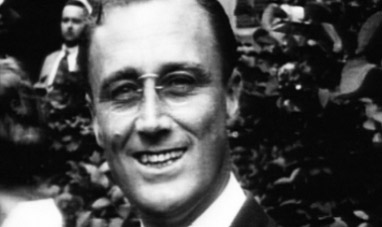

FRANKLIN DELANO ROOSEVELT


HUMBOLDT, ALEXANDER VON
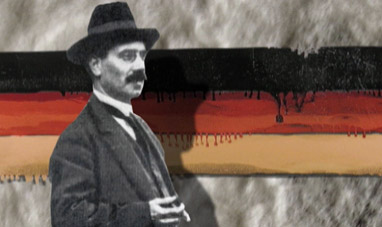

KARL LIEBKNECHT


VASILI NIKITICH MITROKHIN
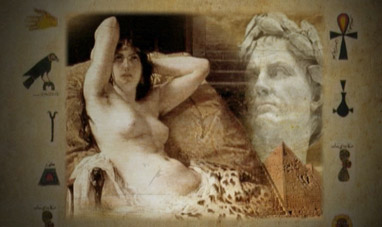

CLEOPATRA
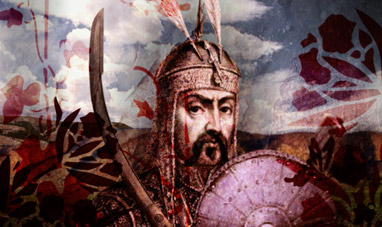

GENGHIS KHAN
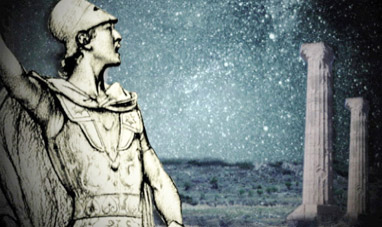

ALEXANDER THE GREAT


FRANCIS DRAKE
